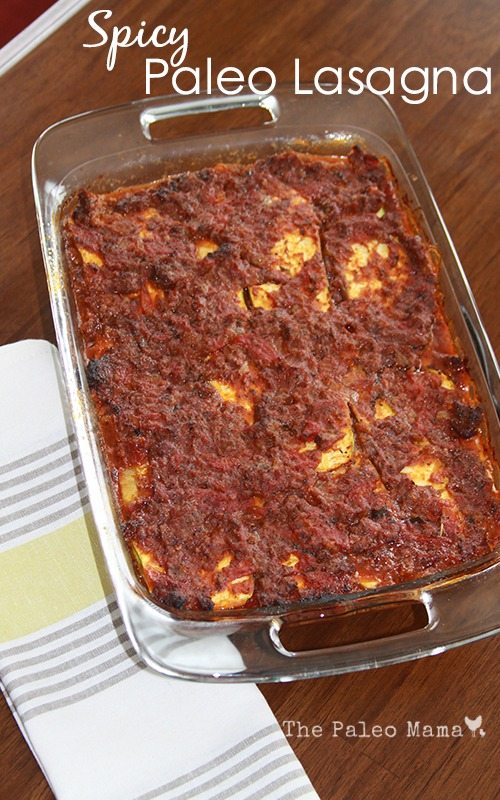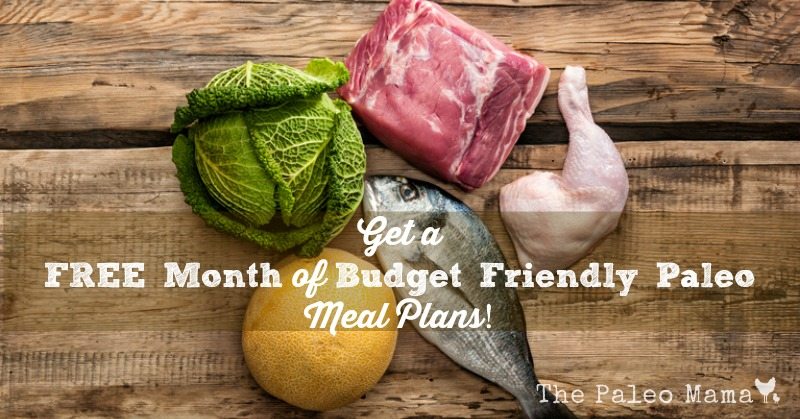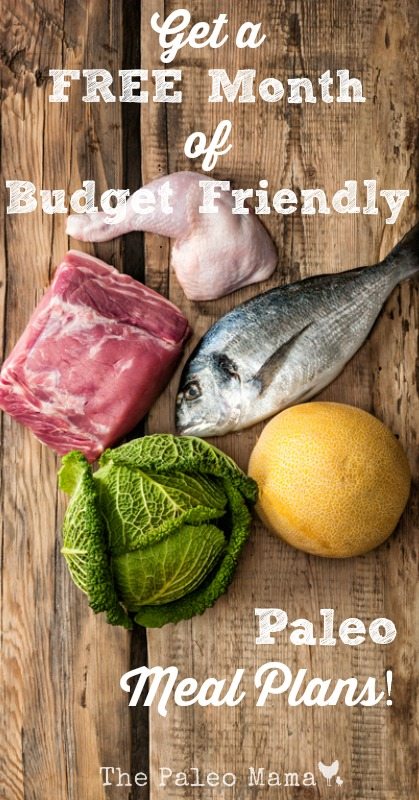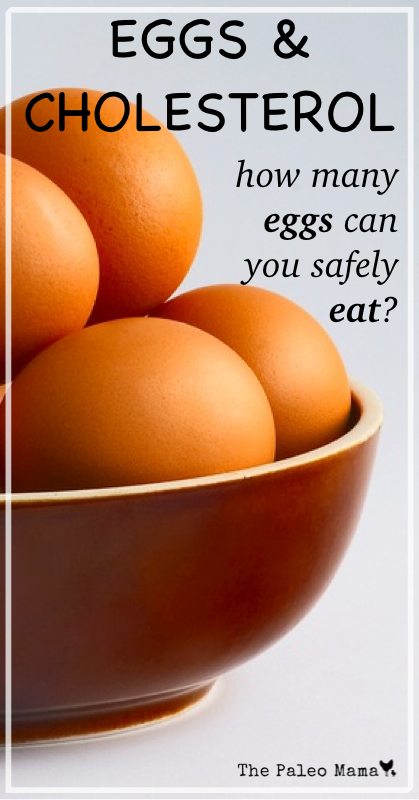It’s no secret that coconut oil has been used for centuries in many different ways. There are so many different types of coconut oil, but most of them are 100 percent natural oil, and full of antioxidants and saturated fats—the good ones—that contain medium chain fatty acids (MDFAs) that provide so many good things:
- MDFAs burn fast and are used as energy
- MDFAs help to avoid weight gain
- MDFAs will not raise cholesterol
- MDFA have no risk of heart attack, strokes, or heart disease
- MFDAs help to boost the metabolism
At one time it was very popular in the United States. But a strong propaganda campaign in the late 1970s promoted the use of corn oil and soy oil, and spread the message that because coconut oil was high in saturated fat it should be considered harmful for the human body. Fortunately today we understand the good benefits of the saturated fat content of coconut oil, and it is slowly being accepted as the powerfully healthy oil it is.
Coconut oil is used extensively in tropical countries like India, Sri Lanka, Thailand, Jamaica, New Guinea, Samoa, and the Philippines. These countries use it for:
- Treatment for illnesses
- Healing for injuries
- Moisturizer for hair
- Massage oil for babies
- Even as a drink to boost the immune system
In this blog post I want to remind you of how healthy coconut oil is for you and your family. There are so many benefits to it, and so many ways to use it. We will take a closer look at some of these benefits and uses.
The Types of Coconut Oil
What kind of coconut oil is best to buy? How do I choose a coconut oil? These are the questions we all have when we begin to add this nutrient to our lives. Today there are many choices when it come to buying coconut oil. Let’s briefly review some of these choices.
There are two basic categories of coconut oil: those that are mass produced and need to be refined, and those that start with fresh coconut and are much less refined. All coconut oil is refined because oil doesn’t grow on a tree…coconuts do.
Virgin Coconut Oil
This is the least refined oil. It is coconut oil produced without starting with dried coconut (called “copra”) that has been removed from the shell and is inedible and needs more refining to produce coconut oil. The types of Virgin Coconut Oils include:
- Extra-virgin coconut oil—There are no commonly understood or accepted definitions for “extra” virgin coconut oil, as there are in the olive oil industry. It is simply a marketing term and nothing else.
- Virgin coconut oil produced using a “wet-milling” process whereby the oil is extracted from fresh coconut meat without drying the meat first. This is the best kind of coconut oil for you!
- Virgin coconut oil produced by pressing the oil out of dried coconut. This is the most common type of coconut oil found online and in stores today.
Refined Coconut Oil
Copra-based refined coconut oils are called “RBD coconut oils” (refined, bleached, deodorized). The RBD refining process does nothing to alter the fatty acid profile of coconut oil, so all the medium chain fatty acids are kept intact. There are several types of refined coconut oils available:
- Expeller-pressed coconut oils
- Hydrogenated coconut oil
- Liquid coconut oil
As you examine your choices for coconut oil in the market today, your choice will largely be determined by how you intend to use the oil, and your budget. If you want the highest quality virgin coconut oil possible, this chart summarizes what is currently available in the market and rated on a scale of 1 to 10.
The Benefits of Coconut Oil
There really are so many healthful benefits to coconut oil. Because most of us very interested in filling our menus with as much real food and natural and organic products as possible, we have probably begun using coconut oil in our daily menus. It is solid like butter at room temperature, and it doesn’t break down or become rancid like many other oils. It even smells good to most people.
But there are many other uses as well. Let’s look closer at some of them.
- As a cooking oil—It can be used for nearly any cooking use, including stove-top cooking and sauteéing, for stir frying, baking grain-free cookies, muffins, cakes, etc., and even for adding to your smoothies or using it to make home-made, sauces, and desserts.
- In coffee or tea—I’d been hearing rumors about people putting butter in their coffee. Supposedly, this is called a Bulletproof Coffee. Why on earth would someone want to put butter in their coffee??? I took the plunge! And I must say, IT IS UN-friggin-BELIEVABLE! It came out frothy, smooth, and filling! I love my coffee in the morning, in fact, it’s one thing I have always said I will never give up. I’ve given up enough in my life…my coffee is staying!
- As part of a daily cleansing and beauty regimen—It can be used making toothpaste or used in oil pulling. It’s a wonderful foundation for my all-purpose healing salve, I add it to the nightly detox bath my kids take, it is great to use in your shampoo or as shave lotion, and it can be used in home-made deodorant.
- As nature’s perfect massage oil for babies and infants—Mothers around the world have been using coconut oil to massage their babies for centuries. It prevents so many irritating skin problems in babies, and keeps them soft and smooth as butter.
- To help in weight loss—The medium-chain fatty acids in coconut oil help to get rid of excessive weight. It is easy to digest, and it help your thyroid and endocrine systems operate in good health. It increases the metabolic rate by removing stress on the pancreas, and lets you burn more energy and lose the weight. Many people trying to lose weight made and drink a “weight loss supplement” daily containing coconut oil, raw apple cider vinegar, and honey.
There are so many additional benefits to coconut oil that I highly recommend you doing your own additional research to discover ways you can incorporate it into your family’s lifestyle. You won’t regret it!
Where to buy coconut oil?
I purchase all my coconut oil through Tropical Traditions. For cooking, I prefer the Gold Label coconut oil, however if you do not like the taste of coconut, then I recommend you get the expeller pressed. For making soap and salves, I like to get the 100% pure coconut oil.
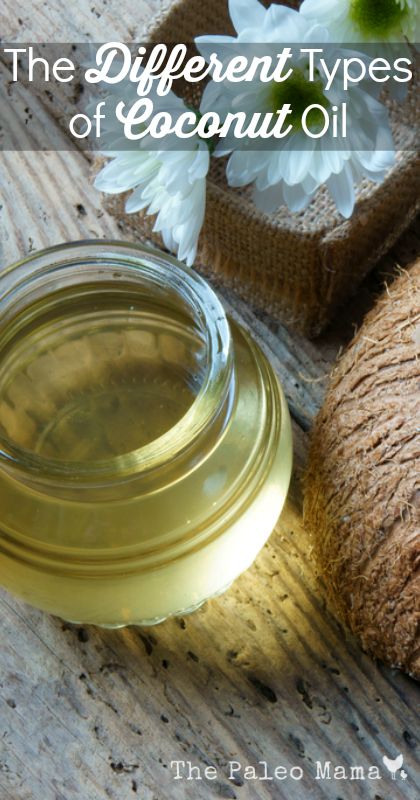
Resources
1. https://wellnessmama.com/2072/benefits-of-coconut-oil/
2. https://www.organicfacts.net/health-benefits/oils/health-benefits-of-coconut-oil.html
3. https://coconutoil.com/what-type-of-coconut-oil-is-best-how-to-choose-a-coconut-oil/

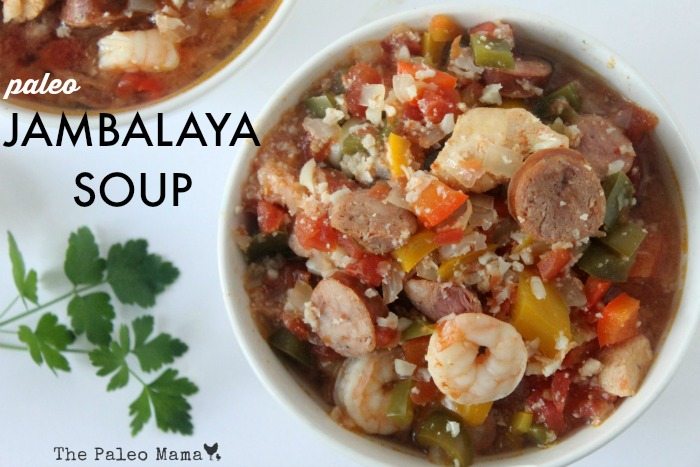
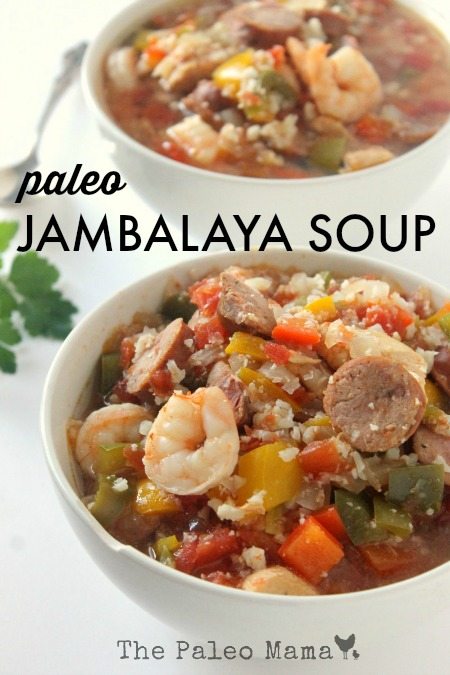
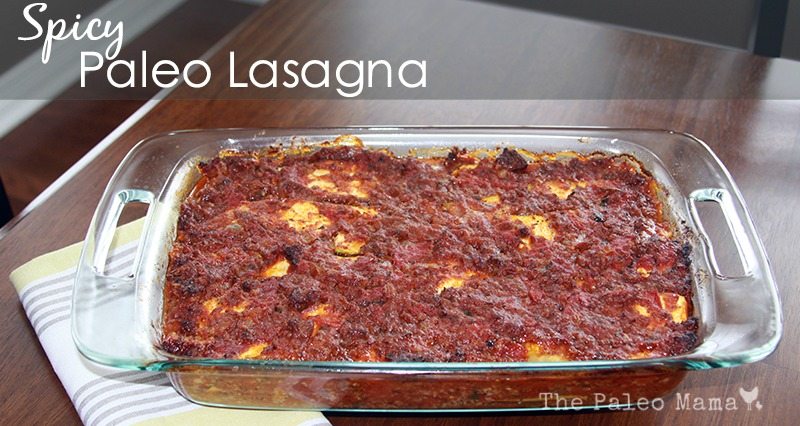
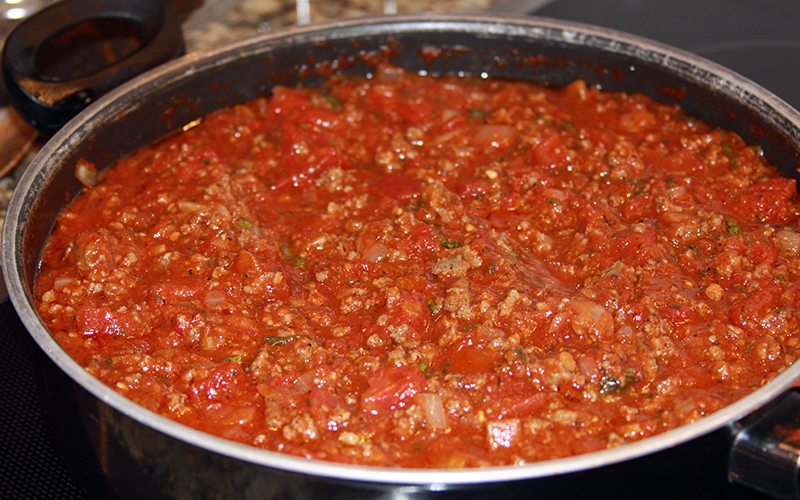
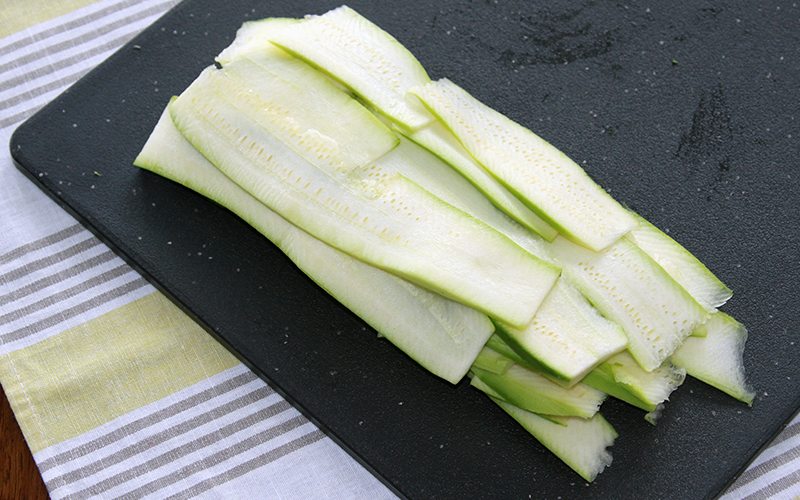
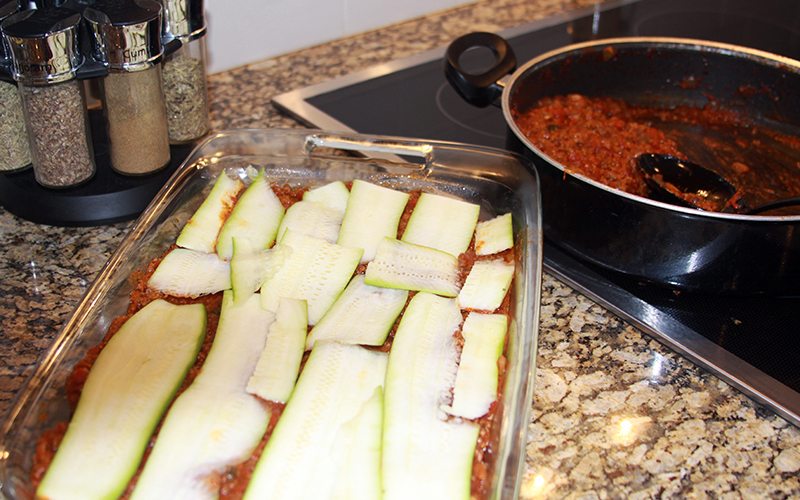
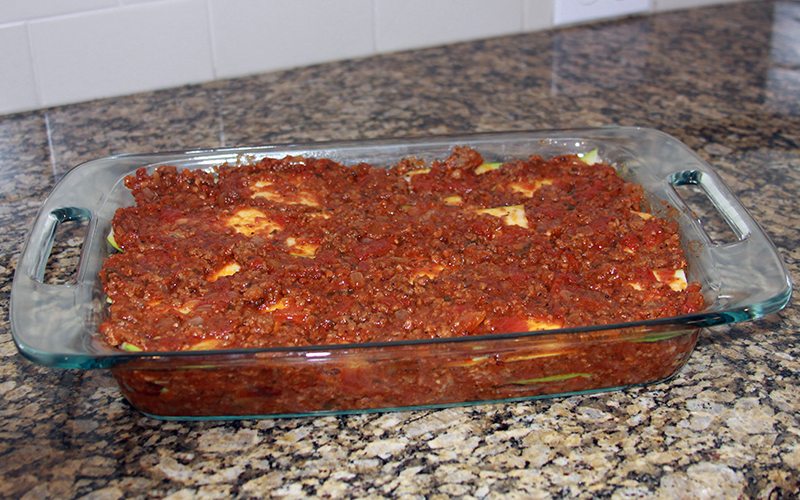
 Angie is a wife, mother of three teenagers, proud owner of two spunky black labs, graphic designer, and blogger at Simplicity in Bloom. She and her family enjoy an active lifestyle including sports, long walks with the dogs, and summer evenings in the backyard.
Angie is a wife, mother of three teenagers, proud owner of two spunky black labs, graphic designer, and blogger at Simplicity in Bloom. She and her family enjoy an active lifestyle including sports, long walks with the dogs, and summer evenings in the backyard.